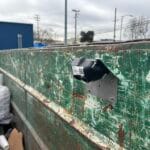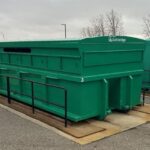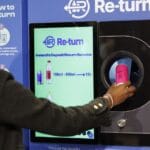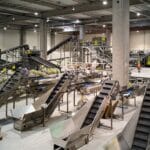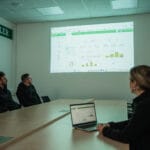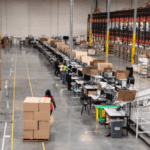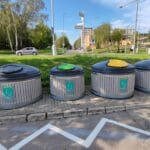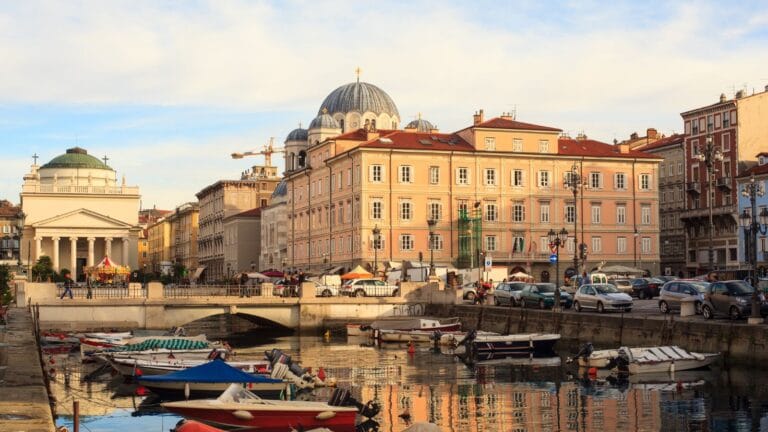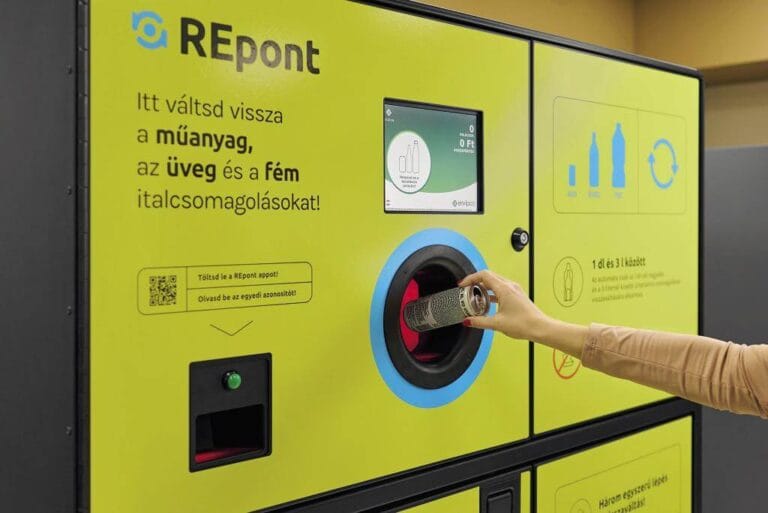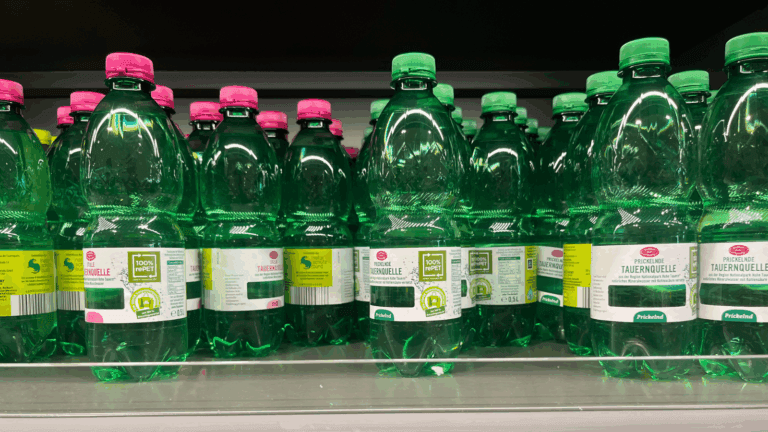Poland’s Licensed DRS Operator Uses Sensoneo IT System

The long anticipated Polish Deposit Refund System (DRS) commenced nationwide on October 1, 2025, marking a pivotal advance in the country’s recycling and circular economy framework.
One of Poland’s officially licensed DRS operators, approved by the Ministry of Climate and Environment, is Polski System Kaucyjny S.A. (PSK S.A.).
To deliver its core IT infrastructure, the backbone of the Deposit Return Scheme, PSK S.A. has selected Sensoneo, which brings proven success from deploying IT systems for DRS in seven European countries, most recently Ireland and Austria.
PSK S.A. has the most comprehensive and advanced system in Poland, considering the complexity of collecting returnable glass combined with plastic and cans.
More information about this project coming soon, stay tuned!
Smart Waste Newsletter
Get monthly updates from our company and the world of waste!

